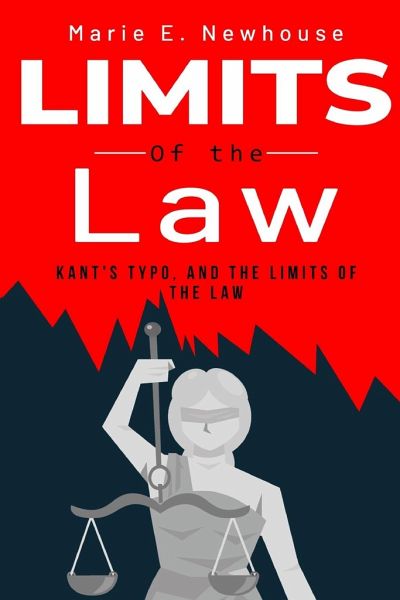
Kant's typo, and the limits of the law
Versandkostenfrei!
Versandfertig in 1-2 Wochen
50,99 €
inkl. MwSt.

PAYBACK Punkte
25 °P sammeln!
At first glance, Kant's political thought can appear bafflingly inconsistent. On one hand, Kant holds that political authority is justified exclusively as a necessary precondition to our individual freedom. On the other hand, Kant seems at times to embrace a deeply repressive account of state power. He declares that the state's laws are necessarily consistent with our freedom, and yet he insists that we must not resist even the most unbearable injustices perpetrated by despotic regimes. In the pages that follow, I will attempt to reconcile these seemingly conflicting aspects of Kant's politica...
At first glance, Kant's political thought can appear bafflingly inconsistent. On one hand, Kant holds that political authority is justified exclusively as a necessary precondition to our individual freedom. On the other hand, Kant seems at times to embrace a deeply repressive account of state power. He declares that the state's laws are necessarily consistent with our freedom, and yet he insists that we must not resist even the most unbearable injustices perpetrated by despotic regimes. In the pages that follow, I will attempt to reconcile these seemingly conflicting aspects of Kant's political thought. Part of the trick involves noticing that, for Kant, there is no difference between law and justified political power. Kant's justification for political power is formal-and therefore legal-in nature. A formal account of political legitimacy entails a formal account of political obligation. This raises challenging questions about our specific obligations: if our obligations do not depend on anyone's actual intentions or material interests, then how can we know definitively what the state has obligated us to do? I will show that our legal obligations are exactly those actions that we are rationally required to undertake or refrain from undertaking as a result of the state's legitimate exercise of its coercive power.





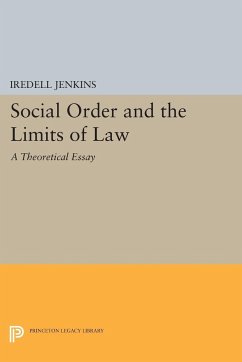
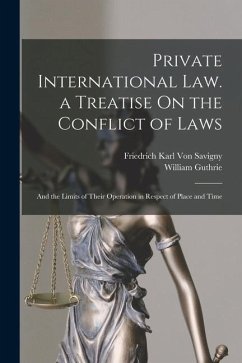
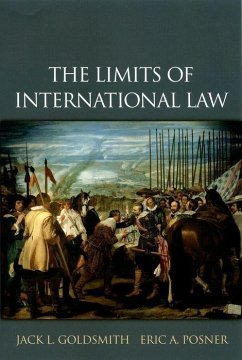
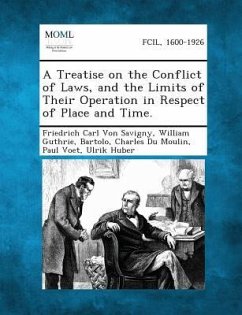
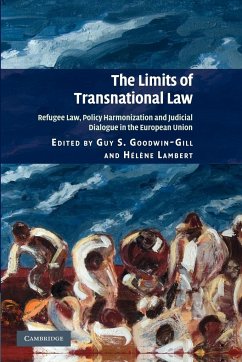
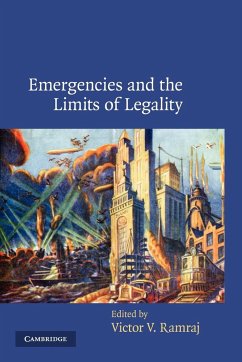



![Remarks on the French Memorials Concerning the Limits of Acadia [microform]: Printed at the Royal Printing-House at Paris and Distributed by the Frenc Cover Remarks on the French Memorials Concerning the Limits of Acadia [microform]: Printed at the Royal Printing-House at Paris and Distributed by the Frenc](https://bilder.buecher.de/produkte/66/66144/66144923n.jpg)